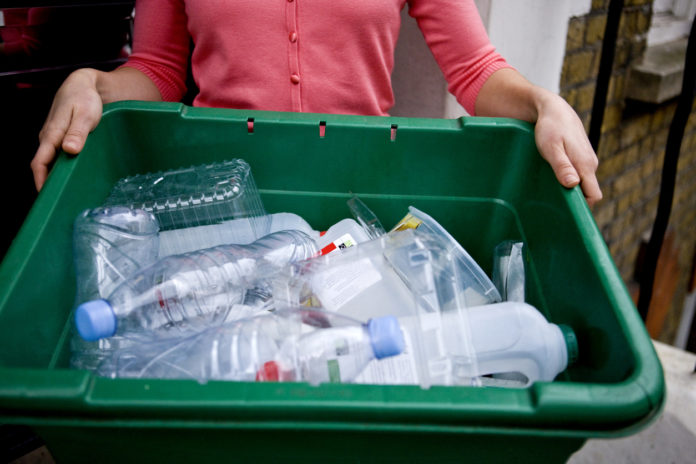The Scottish Wholesale Association (SWA) has reiterated its opposition to the Scottish Government’s proposed deposit return scheme (DRS) for plastic bottles and drinks cans, claiming that current proposals are “impractical” and would be costly for consumers and businesses.
The trade organisation insists that enhancements to the current kerbside collections system is the way forward, stating that a DRS would mean people having to walk past their council kerbside recycling bins to return plastic bottles to shops.
Kate Salmon, executive director of the SWA, says: “Wholesalers and our retail customers would be hit by millions of pounds of extra costs. More warehouse space will be needed for Scottish-only product lines, retail space will be used for return vending machines and storage space will have to be used for returned bottles rather than stock.
“They would also have to cope with a potential new illicit cross-border trade in plastic bottles as well as the additional logistics and transport costs of a brand new system to return bottles to central depots.”
At a time of rising food costs, Scots will also face an annual bill of £87m in lost deposits warned Salmon, adding: “A DRS isn’t an easy quick fix with no environmental impact and it’s disingenuous of anyone to suggest it is. There’s been a significant shift in the way people are recycling. Kerbside recycling has improved and people’s habits have changed – children learn about recycling at school now so there’s much more awareness of how important it is to recycle. It’s convenient to recycle at home, so why would someone take empty cans and bottles to their local store or another central location, even if there is a monetary incentive?”
Irn-Bru manufacturer AG Barr, Salmon noted, scrapped its 30p buyback scheme for customers who return glass bottles at the end of last year. The company pointed to a drop in bottles being returned from 90% in the early 1990s to about 50%.
Meanwhile, the SWA has written to MSPs setting out its position on deposit return, highlighting the negative impacts such a scheme would have on the wholesale and retail sectors as well as local authorities and consumers.











